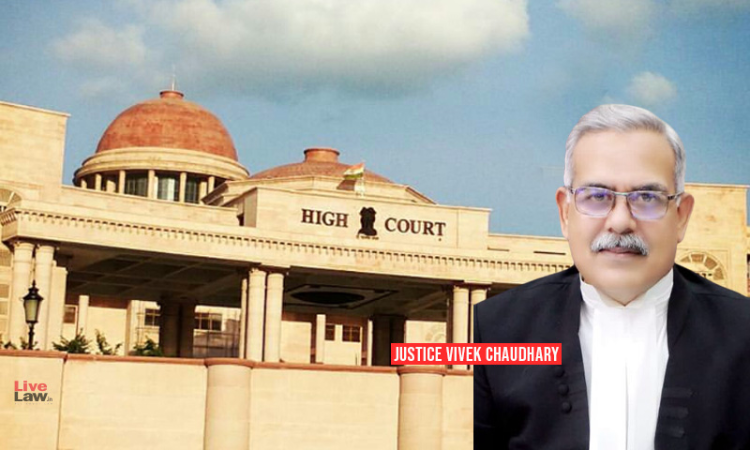Can't Oust Woman From Matrimonial Home On The Basis Of Summary Proceedings Under Senior Citizens Act: Allahabad HC
Sparsh Upadhyay
13 Nov 2021 12:55 PM IST

Next Story
13 Nov 2021 12:55 PM IST
The Allahabad High Court recently made it clear that the wife cannot be ousted from her matrimonial home on the basis of the summary proceedings under the Senior Citizens Act, 2007.With this, the Bench of Justice Vivek Chaudhary came to the aid of a widow by setting aside an eviction order passed against her and her son from her in-laws' house.Essentially, the Court referred to the December...
